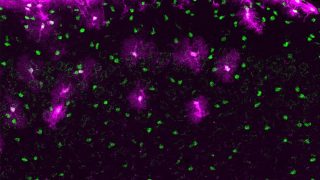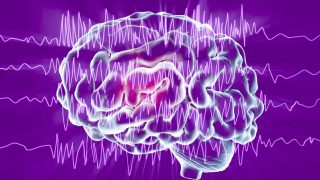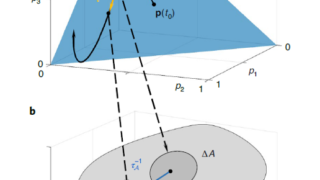
The Florey Dementia Index for Alzheimer’s onset prediction
A predictive tool for determining the age at which individuals may develop mild cognitive impairment (MCI) or Alzheimer’s dementia (AD) has demonstrated the ability to predict MCI onset within 2.78 years and AD onset within 1.48 years. Developed by Florey Institute of Neuroscience and Mental Health researchers, collaborating with the Alzheimer’s Disease Neuroimaging Initiative (ADNI) […]








